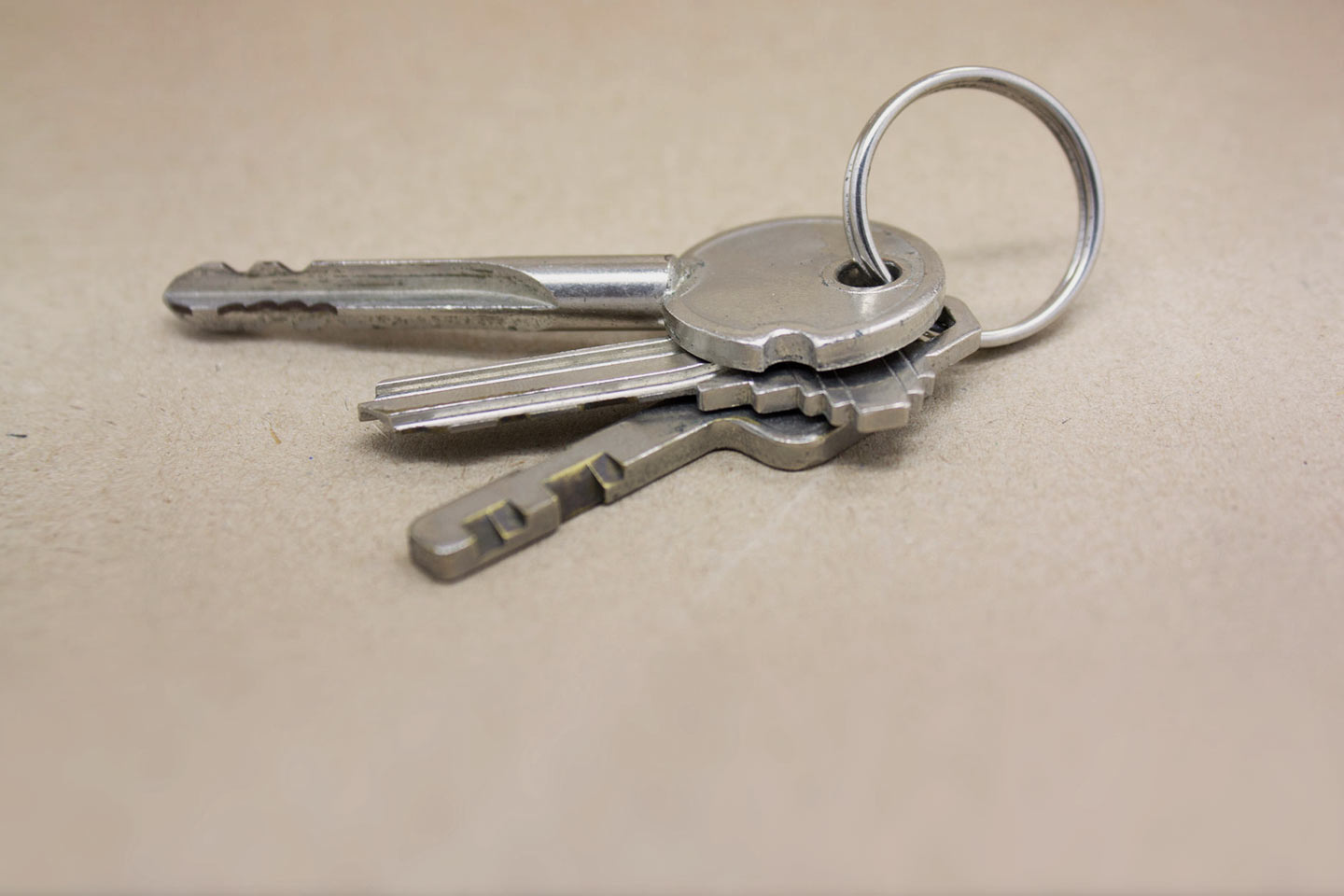Managing Overeating
Learn new, healthy and positive approaches towards developing healthier lifestyles
There are many different causes of specific types of self-sabotaging behaviours.
While it may seem that simply changing the behaviour will eliminate the problem, this is only going to be a temporary way to manage the issue. For all types of problem behaviours, including overeating, there are often deeply held mental messages that we are sending ourselves, driving our behaviour even if we recognise it is counterproductive or even harmful.
Overeating is a general category of symptoms relating to eating disorders. Most people who have challenges with overeating will have one or more symptoms of recognised eating disorders such as bulimia or binge eating disorder, but they do not have the full array of symptoms required for a diagnosis of a specific disorder.
The Challenges and Reality of Overeating
People that overeat in an out of control or compulsive type of way may find it difficult to obtain help. This is often seen as a willpower or a medical issue, and typically medical doctors will prescribe a diet and exercise to address the concerns of their patients. What this type of diagnosis or recommendation doesn't take into account is the internal message and the association of food with specific issues in life. Often overeating is a form of seeking comfort, stimulating those "feel good" chemicals in the brain.
Compulsive overeating, which can occur in people of all ages, socio-economic levels and of all genders, is also commonly referred to as a food addiction. In these cases, people have similar behaviour to food as an addict would have to alcohol or drugs. The thought of eating food, typically specific types of foods, become an all-encompassing issue during times of stress, anxiety, anger or even feeling sad, alone or depressed.
Typically, symptoms of overeating or food addiction include hiding food consumption or eating alone, eating past the point of feeling full and satiated, the need to eat to offset negative emotions and thoughts as well as guilt after eating or feelings of shame and lack of self-worth for not being able to stay on a healthy eating plan. It is also important to realise that food is often seen as a solution to problems and it can also be used as a reason to avoid addressing the underlying issues.
In many cases, people struggling with compulsive eating disorders have a history of significant fluctuations in weight. Despite times when significant weight loss may occur, overall these individuals will have a steady increase in weight and may be obese or morbidly obese.
Treatment Options
If not treated, compulsive overeating can result in serious and even life-threatening health conditions. These can include heart disease, diabetes, high blood pressure, increased risk of stroke, kidney disease and complications with sleep apnoea.
Treatment for overeating starts with a therapeutic process at Eating Disorder & Addiction Specialists Group. Clients learn their triggers for overeating and explore how food has become a negative coping mechanism in their life.
With this knowledge and the help of our expertly trained staff in eating disorders and their underlying issues, clients can learn new, healthy and positive coping mechanisms to develop healthier lifestyles and improve their well-being.
Contact Us to find out more

